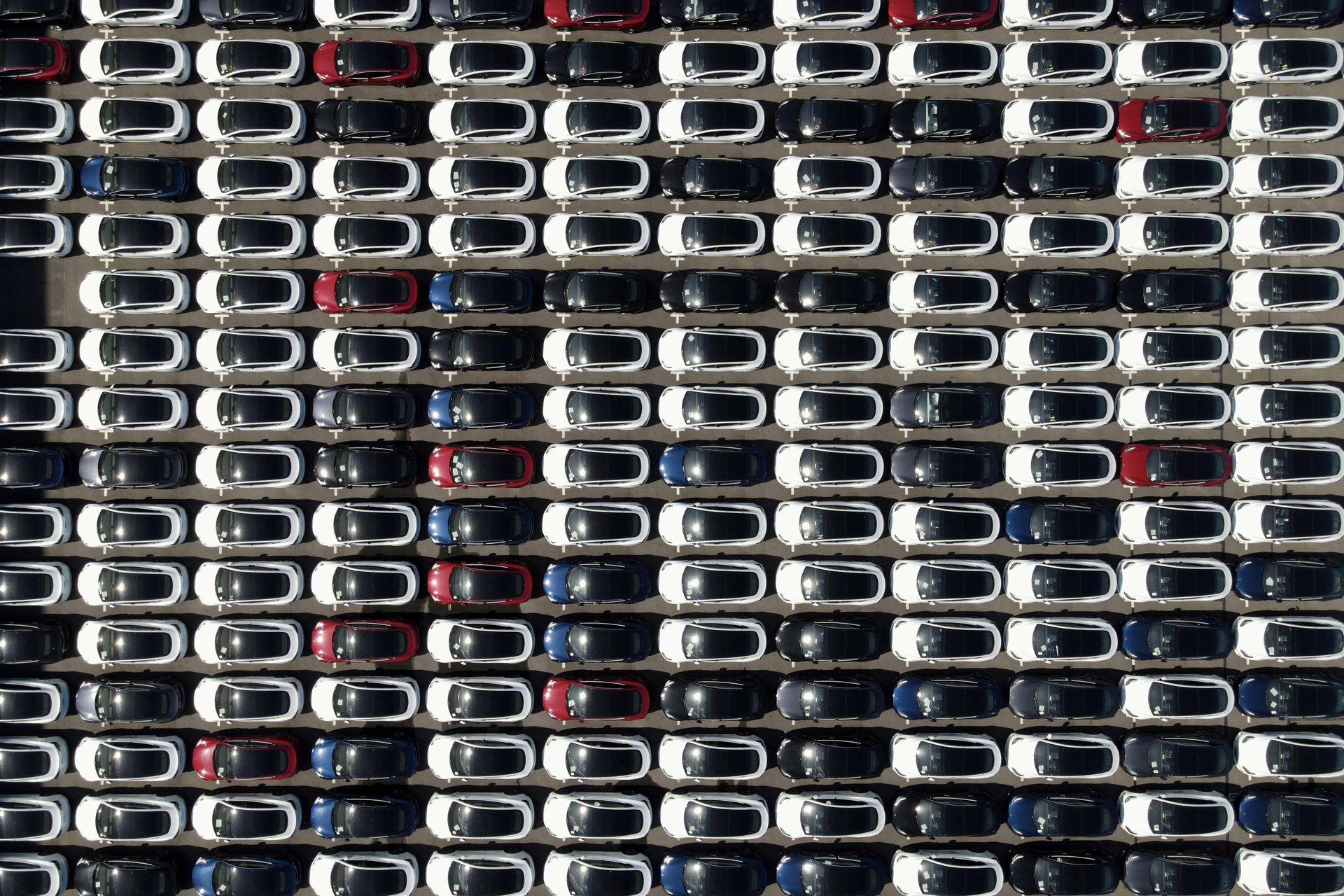China’s BYD sells more cars—but Tesla makes eight times more profit per vehicle
Both automakers know they have to get into mining and batteries to control costs and maximize profits

Chinese automaker BYD sells the most passenger electric vehicles in the world.
But while BYD leads by sales volume, having for the first time earlier this year dethroned Tesla as the world’s top-selling EV brand, the US electric carmaker founded by Elon Musk makes far more profit per vehicle sold than its Chinese competitor.
In the first three quarters of the year, BYD sold 1,175,321 passenger EVs. That number includes both fully electric cars, as well as plug-in hybrids. Meanwhile, Tesla sold 908,573 EVs over the same period. On number of deliveries, BYD leads Tesla by nearly 30%.
Tesla makes eight times more profit than BYD per car
But on net profit per vehicle sold, Tesla leads by miles. In the first three quarters, Tesla reported a net profit of $8.87 billion dollars. In the same period, BYD reported a net profit of 9.31 billion yuan, or $1.14 billion dollars using the average exchange rate during that time.
On a per vehicle basis, Tesla made $9,761 in profit—over eight times more than BYD, which notched $1,190 in profit per car sold. (Note that BYD numbers reflect sales of both electric and gas-powered vehicles; however, the latter made up only 0.4% of all vehicles sold through the third quarter.)
It’s not that BYD is particularly unprofitable. It’s that Tesla has great profit margins. Compare Tesla to Toyota, for example. An analysis by Nikkei shows that even though Toyota outsold Tesla by more than seven to one, Tesla made eight times more profit per vehicle.
Tesla’s intense focus on EVs and its strong brand, which allows it to raise price and pass on higher material costs to customers, are two key factors behind the automaker’s high profits per vehicle delivered.
Getting into mining and batteries to protect profits
But Tesla is also aware it has to keep hustling to maintain those lucrative profit margins. For one, prices of lithium—needed for the batteries powering the EVs—have risen substantially in recent years as demand outstrips supply, and will likely remain high.
That’s why Musk is so keen on getting Tesla to start mining lithium: He recognizes that only by controlling raw material supplies can he control prices and maximize profits.
BYD is a few steps ahead on that front. In June, it agreed to buy six lithium mines in Africa, which would secure enough supplies of the mineral to last the company a decade, according to reporting by the Chinese news outlet The Paper. BYD also secured a contract in January to extract lithium in Chile. And in August, it announced plans for a lithium mine and battery production plant in China’s Jiangxi province.
A final twist: BYD reportedly already supplies Tesla with batteries. If BYD manages to become a dominant battery supplier for Tesla, one can imagine a scenario in which the American EV maker’s fat per-vehicle profit margins are eroded away by its Chinese competitor and supplier.